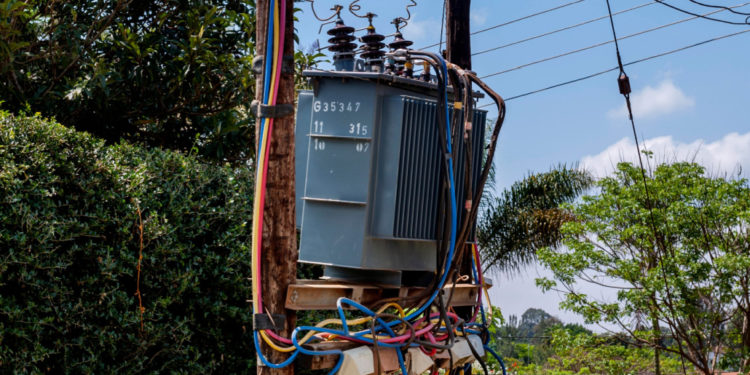Kenya Power has lost 443 transformers worth an estimated KES 406 million to theft and vandalism in the last two years, prompting the utility to call for a total ban on the copper waste trade to stem the rampant destruction of power infrastructure.
Kenya’s largest power distributor is grappling with a surge in vandalism cases linked to the scrap metal business, with losses escalating from 76 transformers worth KES 68 million in the second half of 2022 to 365 units valued at KES 328 million last year. In the first five months of 2024 alone, another 78 transformers worth KES 78 million have already been vandalized.
“Our investigations have revealed a direct link between vandalism and the copper waste business,” said Dr. (Eng.) Joseph Siror, Managing Director and CEO of Kenya Power, at a stakeholders’ forum on Wednesday. “Immediately after the government lifted a moratorium on scrap metal dealing in May 2022, we saw a serious spike in vandalism cases.”
The losses from equipment replacement pale in comparison to the broader economic toll of power disruptions, Dr. Siror warned. “If you compute the cost of unserved energy, loss of business and possibly lives, the losses are in billions of Kenya shillings.”
To combat the scourge, Kenya Power is proposing strict vetting of all scrap metal traders, including collectors, dealers, smelters and exporters. It wants traders to declare their sources to ensure traceability and accountability. The utility also called for joint inspections of premises, compliance reporting requirements, and a more robust regulatory framework.
“While many participants in the scrap metal industry are legitimate, a few unscrupulous dealers perpetuate this vice,” Dr. Siror said. “We urge all stakeholders to join us in rooting out these elements to ensure a sustainable and reliable power supply for all Kenyans.”
The Energy Act 2019 has helped deter vandals by prescribing steep fines of up to KSh 5 million or five-year jail terms for offenses like tampering with infrastructure. But Kenya Power believes curtailing the scrap metal trade that incentivizes theft and vandalism could be a more effective long-term solution.


















